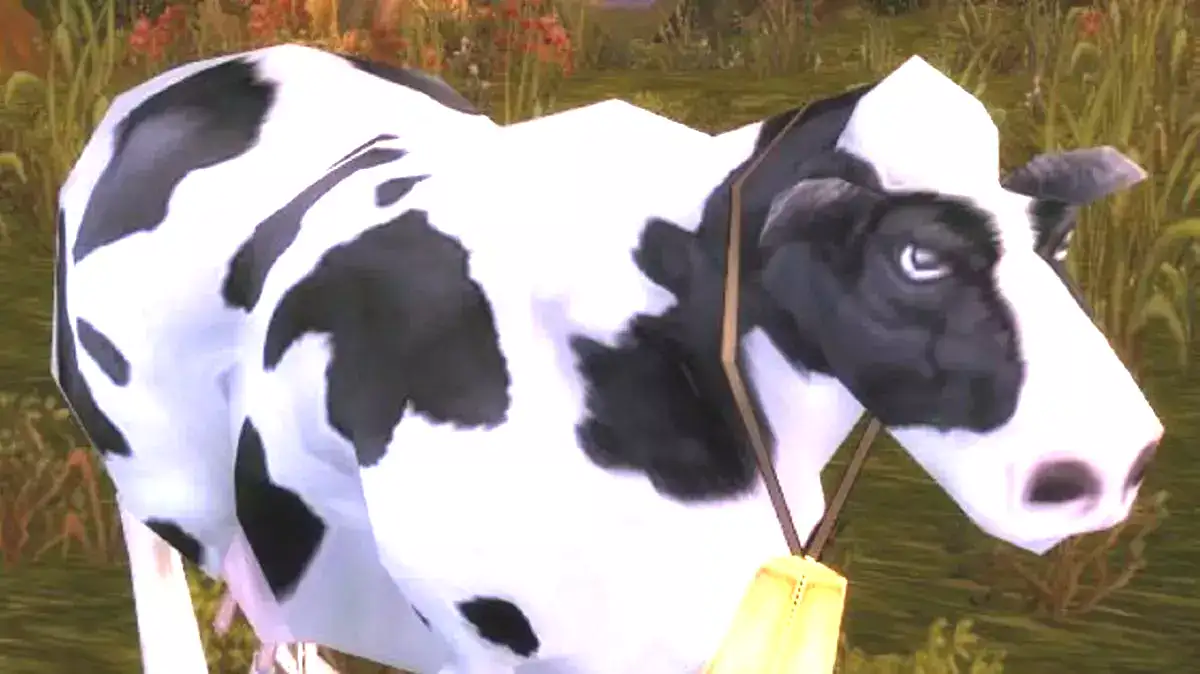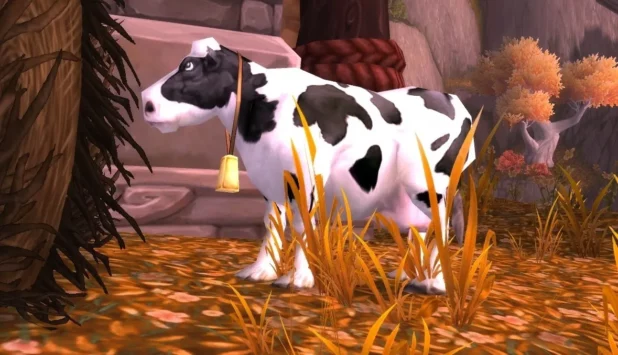Previously: The Science Says Defeating Cow King and Genociding Bovine Army Key to Saving Planet
What?
Bacteria that consume the greenhouse gas methane could slow the rate of global heating, according to a study out this week.
Methane is a potent greenhouse gas emitted from energy (natural gas and petroleum systems), industry, agriculture, land use and waste management activities.
Now a group of researchers from California University Long Beach are proposing a method of removing methane by using a group of bacteria known as methanotrophs to naturally convert methane to carbon dioxide and biomass. All the bacteria in this group “‘eat’ methane, removing it from air and converting part of it to cells as a source of sustainable protein,” according to the lead researcher, Mary E Lidstrom.
Lidstrom’s team have found a strain of bacteria within this group called methylotuvimicrobium buryatense 5GB1C that can remove methane efficiently even when it is present in lower amounts. If it became widespread, the technology has the potential to help slow global heating, the researchers said.
Typically, this group of bacteria thrive in environments with high levels of methane (between 5,000 and 10,000 parts per million (ppm)). The normal concentrations in our atmosphere have much lower levels of only about 1.9 ppm of methane. But certain areas such as landfills, rice fields and oilwells emit higher concentrations of about 500 ppm.
“Bacteria that rapidly eat methane at the higher concentrations found around cattle herds, etc could make a huge contribution to cutting methane emissions, especially from tropical agriculture,” said Euan Nisbet, professor of Earth sciences at Royal Holloway, University of London, commenting on the findings of the study.
So, I read this…
They are talking about releasing bacteria into the atmosphere?
Like, dropping it from planes?
“After ten years, methane is broken down in a process called hydroxyl oxidation into CO2, entering a carbon cycle which sees the gas absorbed by plants, converted into cellulose, and eaten by livestock.”#Farm24
— James Melville (@JamesMelville) August 3, 2023


